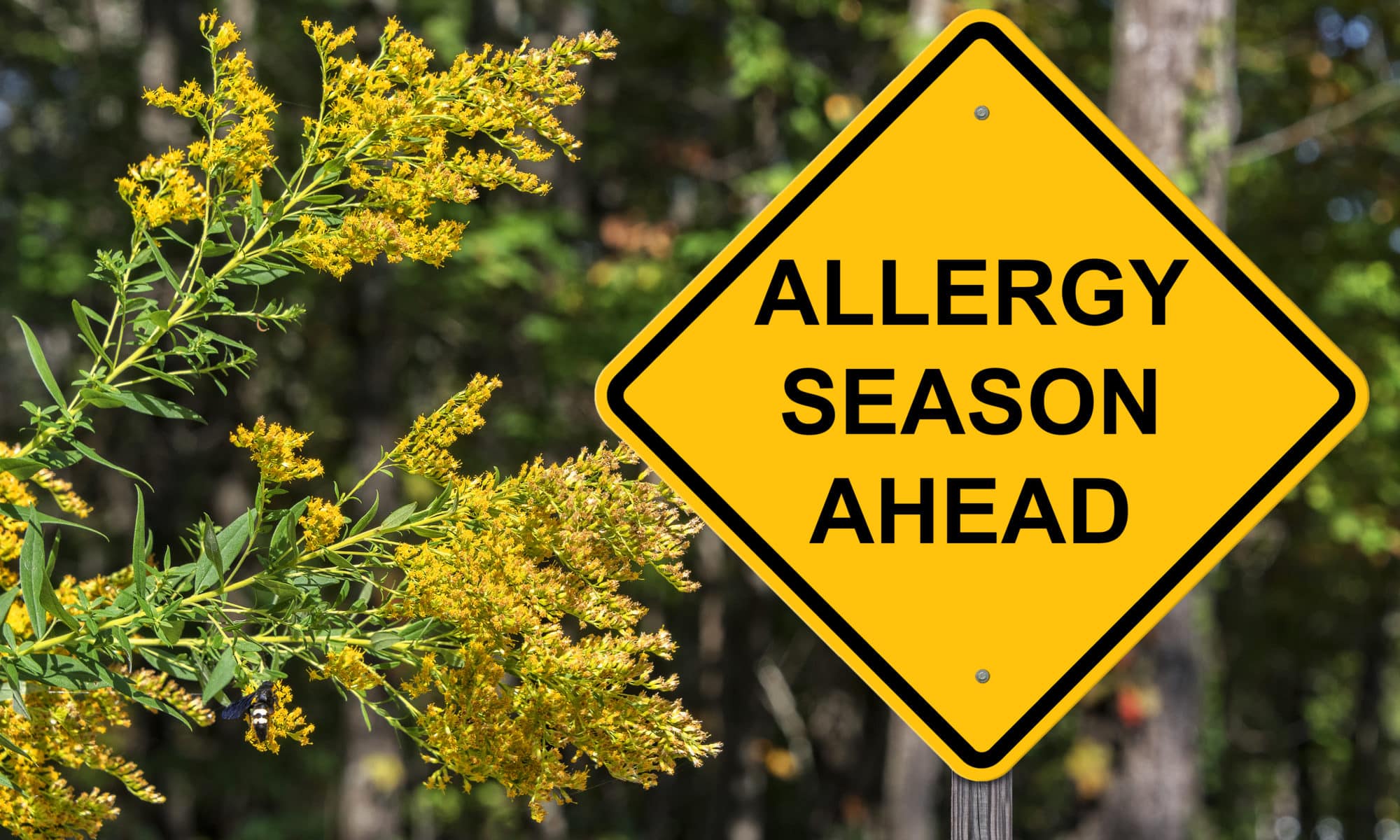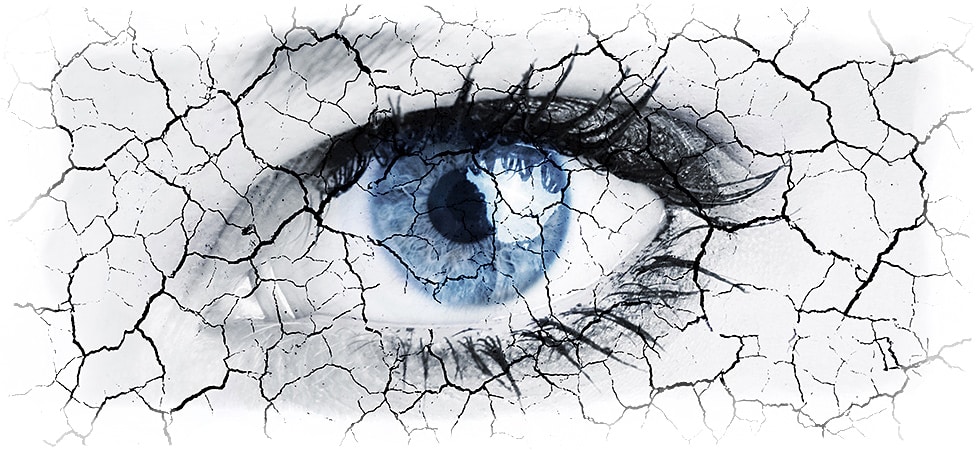What is Dry Eye?
Dry eye happens when your eyes don’t make enough tears to stay wet, or when your tears don’t work correctly. This can make your eyes feel uncomfortable, and in some cases it can also cause vision problems.
Dry eye is common — it affects millions of Americans every year. The good news is that if you have dry eye, there are lots of things you can do to keep your eyes healthy and stay comfortable.
Symptoms of Dry Eyes
Dry eye syndrome can cause a variety of symptoms, including scratchiness, stinging, or burning in the eyes. You might also experience redness, eye sensitivity, blurred vision or feel as if there is something in your eye. If you’re experiencing any of these symptoms, it’s important to see your eye doctor as soon as possible. Your symptoms can get worse over time if left untreated, or can even develop into more serious eye conditions and result in corneal damage.
Who is at Risk for Dry Eyes?
While dry eyes can affect everyone, you might be more at risk if you’re over the age of fifty, are female, live in a dry climate, wear contacts, or have a Vitamin A deficiency. Autoimmune conditions such as lupus, Sjogren syndrome, and arthritis, among others, can also make a person more susceptible to dry eyes. Jobs that involve long hours of staring at a computer or tablet screen can also contribute to dry eyes.
How is Dry Eye Syndrome Diagnosed?
A comprehensive dilated eye exam is the best way for your doctor to determine the underlying cause of your dry eyes. This includes a complete history of your overall health which can help yput eye care specialist diagnose the cause of your dry eyes.
In addition to a vision test, your doctor can perform tests to see how many tears you produce, look at the structure of your eyelids and glands, and check how long it takes for your tears to dry. This test will include pupil dilation, in which your provider will put drops into your eyes to widen the pupils.
Treatments for Dry Eyes
Many cases of dry eyes are due to blocked oil glands, but other causes are low tear production, tears that dry too quickly, and tears that drain too quickly. In most cases, medication or eye drops can be prescribed to address the issue and alleviate symptoms.
Depending on the severity of the dryness, you might also be prescribed pills, eye drops, nasal sprays, or even eye inserts to help you produce more tears. Some of these products are prescription strength, but for mild cases, your doctor can prescribe over-the-counter eye drops also called artificial tears..
If tears drain too quickly from your eyes, your doctor may suggest plugs for your tear ducts. In severe cases of tear drainage, a doctor might suggest surgery to tighten eyelids, but this treatment is rare.
Schedule A Consultation
If you’re experiencing any of the above symptoms, please reach out to us and schedule a consultation with one of our skilled providers at Campus Eye Group in Hamilton, NJ. We offer comprehensive eye services, including diagnostic and treatment options for dry eyes. Call us at (609) 587-2020 or use our online contact form.




